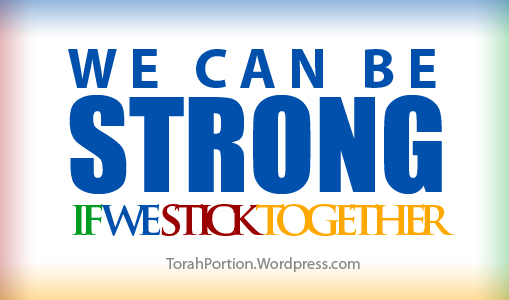 We read about the man Moshe and his personality. One thing we see outstanding is his inability to accept injustice. He sees an Egyptian beating a Jewish man and he promptly supports the Jew. One would think his reasoning was that he could not see a Jew being beaten.
We read about the man Moshe and his personality. One thing we see outstanding is his inability to accept injustice. He sees an Egyptian beating a Jewish man and he promptly supports the Jew. One would think his reasoning was that he could not see a Jew being beaten.
The next day he sees two Hebrews fighting. Again he interferes, arguing: לָמָּה תַכֶּה רֵעֶךָ, “Why would you strike your fellow?” (Ex. 2,13) Again we would think he objected because they were two Jewish people fighting.
We see later he objects when non-Jews are harming other non-Jews. He was at the well in Midian and saw that Yitro’s daughters came to water their father’s sheep. The shepherds came and drove them away. וַיָּקָם מֹשֶׁה וַיּוֹשִׁעָן, “…and Moshe got up and saved them and watered their sheep.” (Ex. 2,17)
These incidents indicate that Moshe objected to any injustice no matter who was involved. This is a true Jewish approach. We certainly cannot keep still when we see Jews are being harmed, but we also feel the injustice when even non-Jews face unfair treatment.
When we see a wrong being perpetrated it is our duty to speak up and to take action to rectify the injustice.

